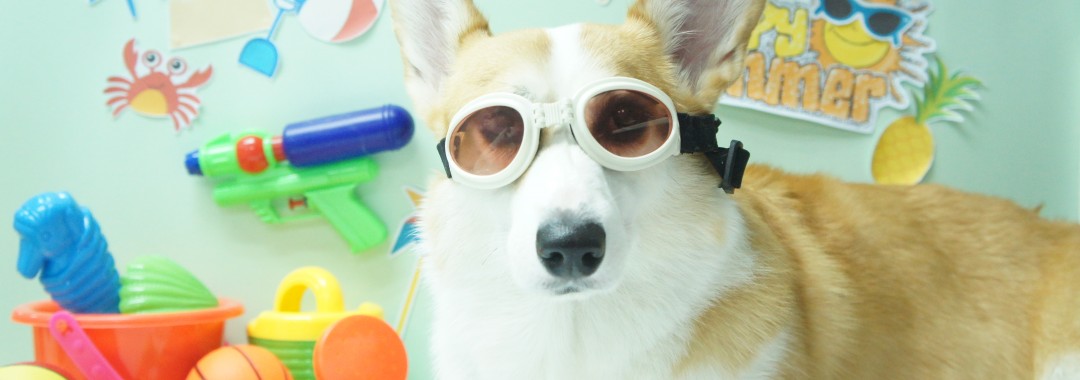There are various possibilities when it comes to giving your shower closure during bathroom renovation. The tried-and-true shower curtain, the cost-effective sliding doors, the framed glass door, and the frameless glass shower door are the other options. Any of the options will work to keep water within the shower, where it belongs, but your project’s budget might play a significant role in which one makes the most sense. But in recent years, the majority of our clients have chosen to upgrade their bathrooms by purchasing a frameless glass shower door, and there are unquestionable advantages to doing so.
Allow the light to flow.
One of the places where light flow is crucial for carrying out everyday tasks is the toilet. It might be challenging to locate the shampoo, soap, and razors in a dark shower. Natural and artificial light can enter the area through a frameless glass shower door to aid with visibility.
Current aesthetics
For those who appreciate minimalist style, frameless glass showers have grown to be a highly popular update, as was already noted by https://glassdoorspecialist.com . While framed glass doors sometimes have hefty metal or rubber seals, frameless doors have a sleek, contemporary, and fashionable appearance. This spa-like addition may give your home a more opulent look by doing away with the hardware!
Expands the feeling of spaciousness.

Glass allows your eye to look into the shower space, giving the impression that the room is larger than shower curtains and sliding shower doors. The best option for a bathroom door is glass if it is a tiny bathroom.
Simpler to clean
Showers and bathtubs may be especially difficult to clean, and bathrooms are typically not people’s favorite places to do it. You can often enter and exit the room more easily to clean the floor and walls with a frameless glass door and squeegee the door.











